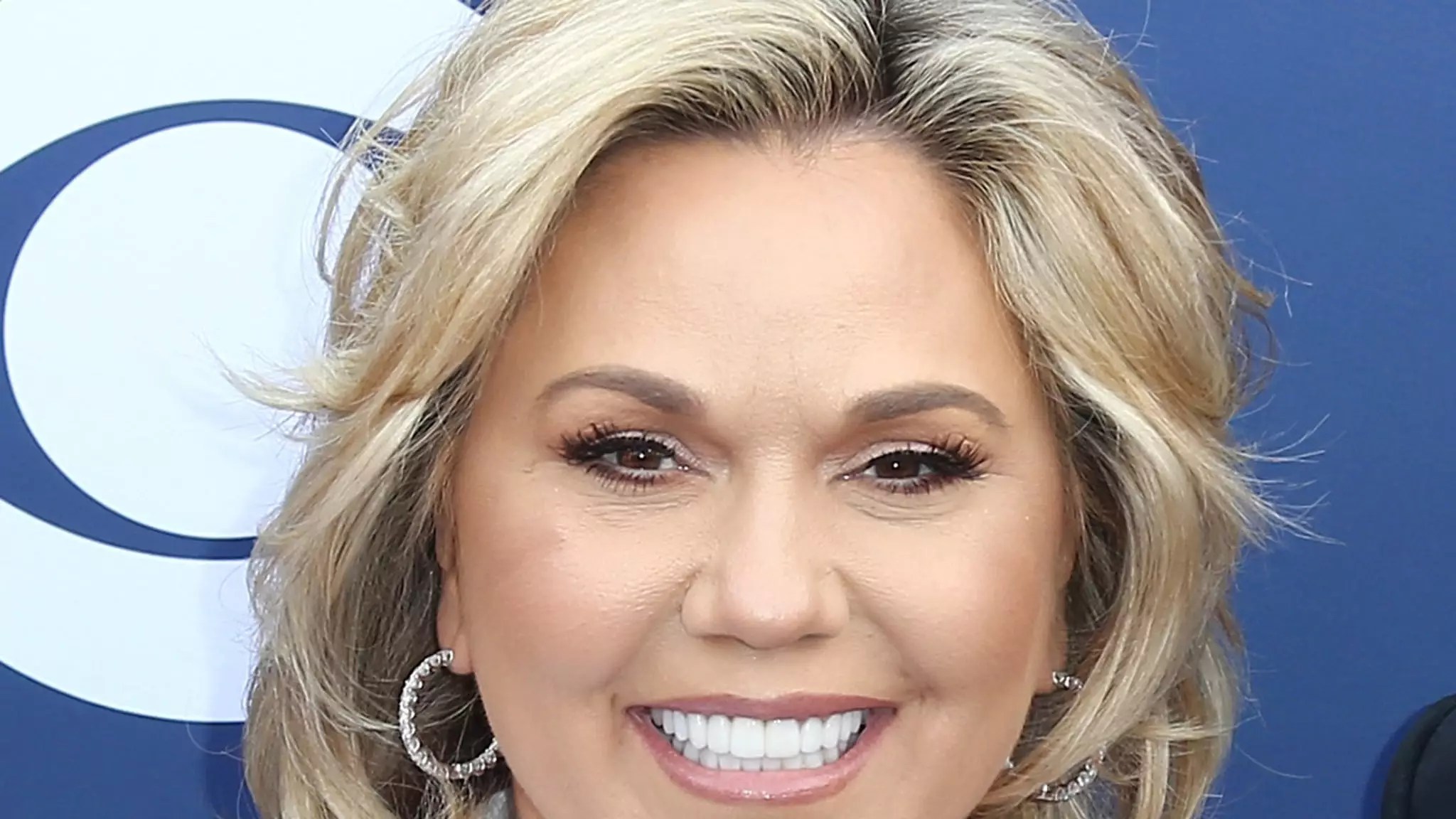In a stunning turn of events that has captivated many, reality television stars Todd and Julie Chrisley have emerged from federal prison, marking a new chapter in their lives. Released from their respective facilities mere hours apart, the couple’s return to freedom came shortly after receiving presidential pardons from Donald Trump. Their swift exit from the penal system, especially after serving just two years for crimes that initially resulted in long sentences, raises complex questions about justice, privilege, and the nature of celebrity in the modern era.
The Media’s Role in the Narrative
This release didn’t occur in a vacuum. The media landscape is ripe with discussions, speculations, and opinions about the implications of such high-profile pardons. As the family prepares for their reunion, their daughter Savannah made headlines herself by holding a press conference, underscoring the emotional and financial rollercoaster they have experienced. It’s intriguing how the Chrisleys have leveraged their reality television platform to engage the public, transforming their legal challenges into a narrative that remains relevant, drawing in fans and critics alike.
What stands out in this scenario is how the line between personal hardship and entertainment has blurred. Viewers who once tuned in for family dynamics are now confronted with the reality of financial fraud and criminal accountability. The forthcoming episodes of their Lifetime show promise to offer an inside look at this tumultuous journey, inherently questioning whether viewers will see them as victims of circumstance or as individuals who exploited their celebrity status for personal gain.
Pardons and Privilege
The decision for pardon raises significant ethical concerns. The Chrisleys’ reduced sentences came as a surprise, transforming their potential 12 and 7-year sentences into merely two years of confinement. While it’s not unusual for pardons to occur, the rapidity and nature of this one are telling about the disparities that exist in the justice system—especially for affluent individuals. Are we voluntarily accepting a system where wealth and fame can influence judicial outcomes?
The financial implications are equally worthy of examination. With the couple still facing a staggering $17.8 million in restitution, it will be interesting to see how they navigate this new landscape post-prison. Will they be required to pay? Or will legal loopholes and the weight of their celebrity shield them from the consequences of their actions? These questions loom large and will likely attract scrutiny from both legal analysts and concerned citizens.
Public Perception and the Future
As the couple re-enters society, public perception will play a crucial role in their rehabilitation. They will need to reconcile their past actions with a community that may be torn between compassion and criticism. Their journey from prison to public life will not simply be a comeback but rather a test of character.
The Chrisleys represent a specific cultural phenomenon where reality TV blurs the lines of fame, reputation, and accountability. In an environment where morality can sometimes appear negotiable, their story serves as a case study in the effects of celebrity on legal and personal redemption. The coming weeks promise an interesting watch—will the Chrisley narrative continue to reign, or is this the end of their once-glamorous saga?







Leave a Reply